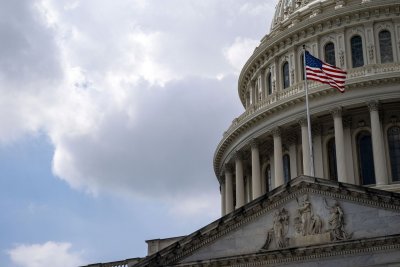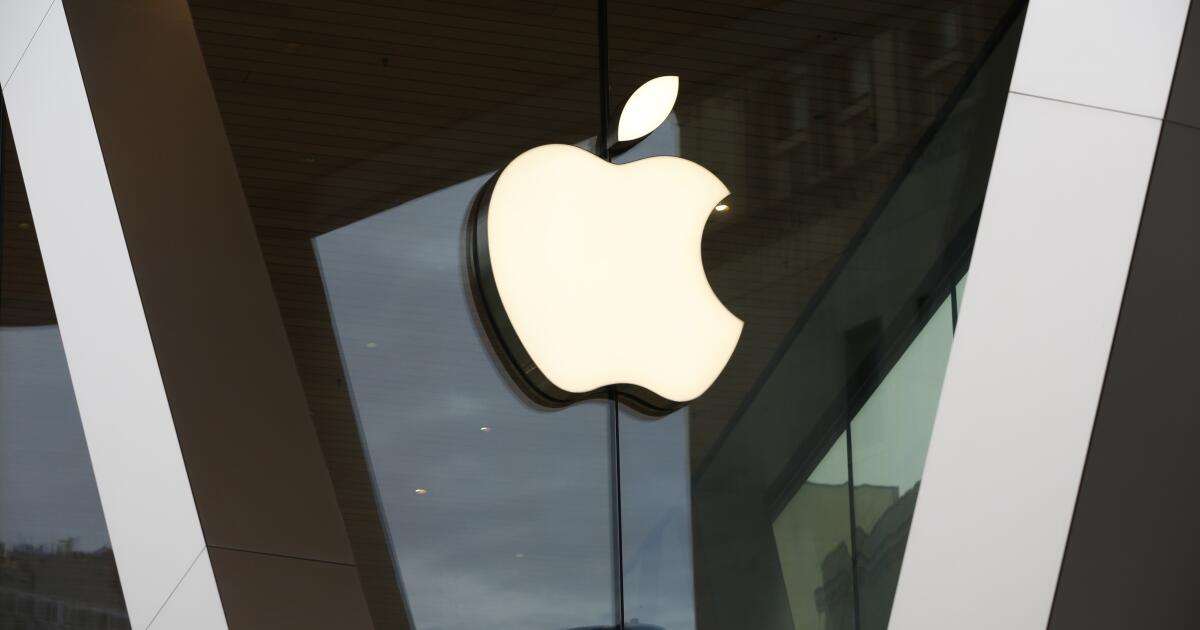2nd criminal referral filed as Lisa Cook sues Trump over firing

Aug. 28 (UPI) — The Trump administration Thursday night announced a second criminal referral against Federal Reserve Board Governor Lisa Cook for mortgage fraud, as she sues President Donald Trump for attempting to illegally dismiss her.
William Pulte, the agency’s director, announced the second referral on X, stating “3 strikes and you’re out.”
“Lisa Cook needs to step aside — with the evidence coming out on her 3rd mortgage and her alleged misrepresentations to the Federal Government ethics department, I believe she is causing irreparable harm to our beloved Federal Reserve,” Pulte said in a second statement. “How is Jay Powell fine with her behavior?”
Pulte had sent the first criminal referral to Attorney General Pam Bondi on Aug. 26, accusing Cook, the first Black woman to sit on the independent board, of falsifying documents and committing mortgage, bank and wire fraud. She is accused of signing two separate mortgage documents for two separate properties that claim each is her primary residence. One property is in Michigan and the other is in Atlanta. The two documents were allegedly signed two weeks apart during the summer of 2021.
The new referral is about a third property in Cambridge, Mass.
Pulte states Cook misrepresented the property by calling it her “second home” on a 15-year mortgage document in December 2021, and then listing it on a U.S. ethics form as an “investment/rental property” weeks later.
Trump moved to fire Cook on Monday, after calling for her to resign, citing the first criminal referral as reason for the dismissal, the legality of which was unclear and has prompted staunch opposition from Democrats.
The second referral was announced hours after Cook sued Trump for attempting to fire her.
“This case challenges President Trump’s unprecedented and illegal attempt to remove Governor Cook from her position, which, if allowed to occur, would be the first of its kind in the Board’s history,” the suit said.
“It would subvert the Federal Reserve Act, which explicitly requires a showing of ’cause’ for a Governor’s removal, which an unsubstantiated allegation about private mortgage applications submitted by Governor Cook prior to her Senate confirmation is not,” the case introduction continued.
“The President’s actions violate Governor Cook’s Fifth Amendment due process rights and her statutory right to notice and a hearing under the [Federal Reserve Act],” it further stated. “Accordingly, Governor Cook seeks immediate declaratory and injunctive relief to confirm her status as a member of the Board of Governors, safeguard her and the Board’s congressionally mandated independence, and allow Governor Cook and the Federal Reserve to continue its critical work.”
The suit names Trump, Fed Chairman Jerome Powell and the Fed Board of Governors as defendants, and a hearing for a request for a temporary restraining order has been slated for 10 a.m. EDT on Friday in front of Federal Judge Jia Cobb.
Should she win the case, her lawyers ask for Trump to declare she remains an active Fed governor, and that board members can only be removed for cause, as described in the Federal Reserve Act, the law under which Trump is attempting to fire her.
The suit also seeks “an award of the costs of this action and reasonable attorney fees under the Equal Access to Justice Act or any other applicable law,” as well as an “award of all other appropriate relief.”
Trump campaigned on retaliating against political opponents. Since returning to the White House in January, he has used his executive powers to strip lawyers and law firms that have represented or are connected to his rivals of security clearances.
Two other Democrats and Trump critics — New York Attorney General Letitia James and Sen. Adam Schiff of California — have also been accused of mortgage fraud by the Trump administration.
Trump’s attempt to fire Cook follows months of the president applying political pressure on her boss, Powell, to lower interest rates. Despite the insults and demands from Trump, Powell has resisted, stating economic policy will not be determined by politics.
Democrats have accused Trump of perpetrating an illegal authoritarian power grab by firing Cook. On Thursday night, Sen. Elizabeth Warren, D-Mass., ranking member of the Senate Banking, Housing and Urban Affairs Committee, accused Trump of attempting to “turn the Federal Reserve into the ‘Central Bank of Trump.'”
“The Fed makes decisions based on economic data — not political pressure,” she said in a statement. “This move would undermine the world’s confidence in our economy and harm working people.
“And it is illegal.”




